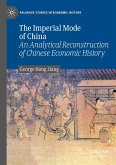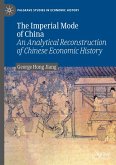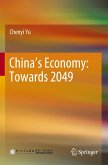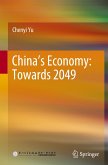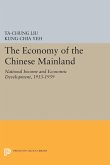Before the First Opium War, from 1839-1842, China had long had substantial commercial activity. After Europeans forced the country to open up to the West, one of the Western ideas to which China was exposed was economic liberalism. This way of thinking had never cohered as a doctrine in China, even though aspects of it can be found in older Chinese thought. After 1842, many influential people in China came to see economic liberalism as the key to saving China. Similar claims would be made at various times for social Darwinism, women's rights, Christianity, and ultimately Marxism, under which economic liberalism was tarred as nothing more than a façade for colonial exploitation. After 1949, under Marxism, China was driven to extreme. Then, in desperation, its leaders awkwardly harnessed economic liberalism in practice to Marxism in theory. This harnessing of liberalization unleashed prosperity and substantial social changes, beginning in the late 1970s. But today the leaders of the Chinese Communist Party (CCP) want, above all, to maintain power, and they fear China now has too much economic liberalism.
Hinweis: Dieser Artikel kann nur an eine deutsche Lieferadresse ausgeliefert werden.
Hinweis: Dieser Artikel kann nur an eine deutsche Lieferadresse ausgeliefert werden.


